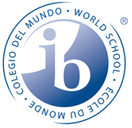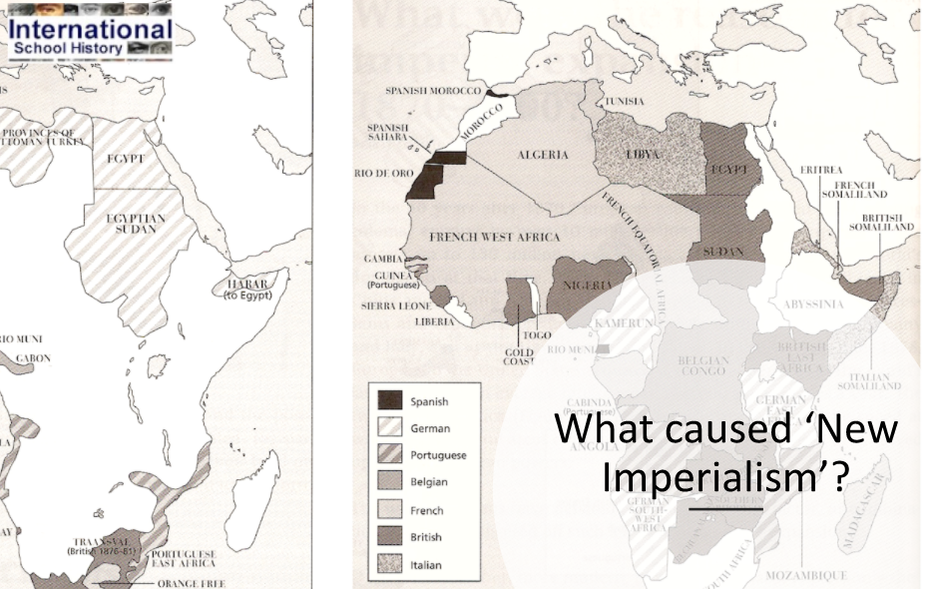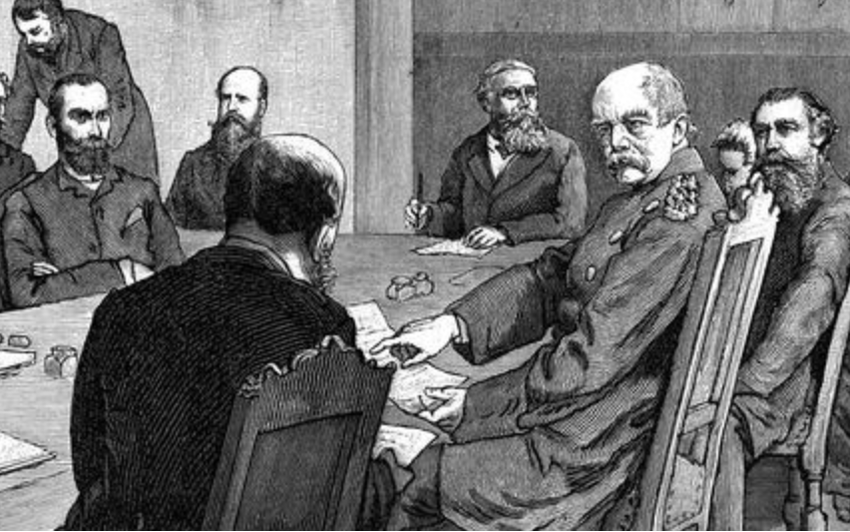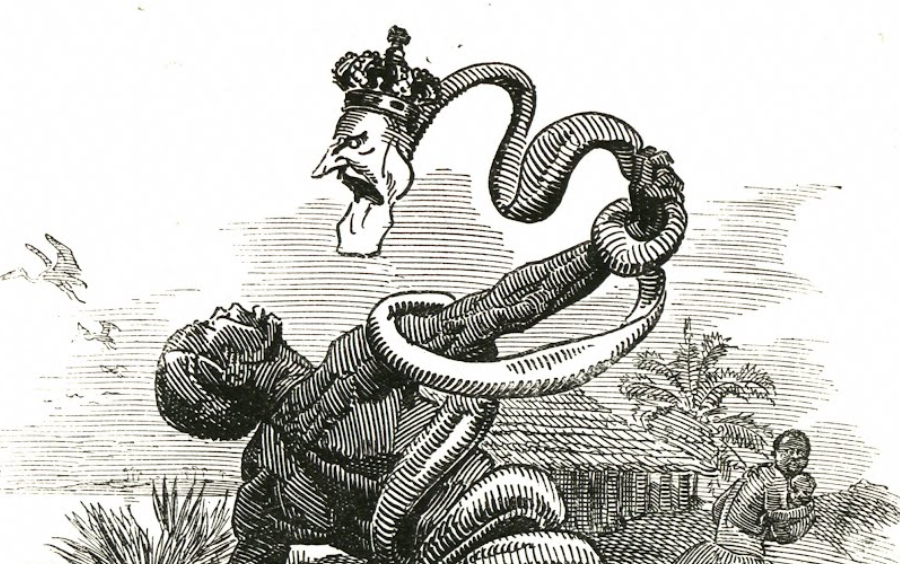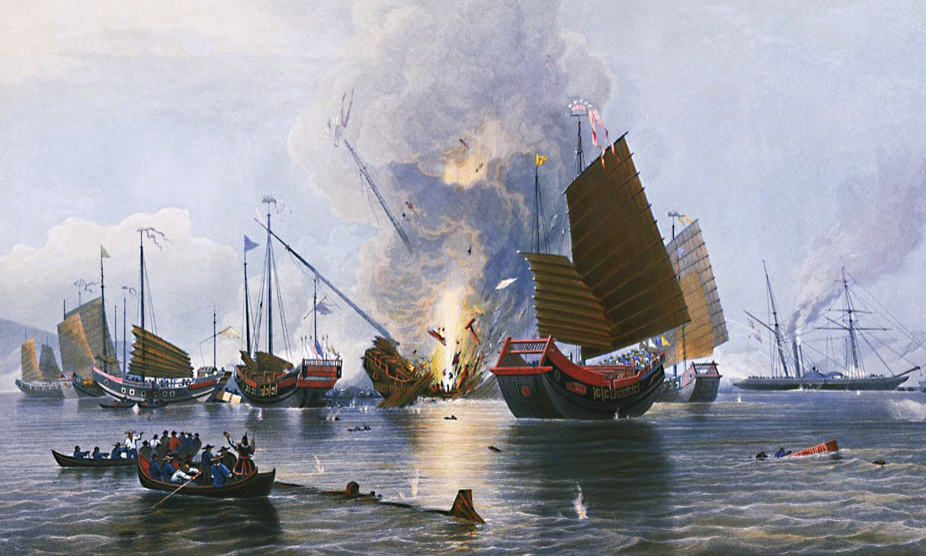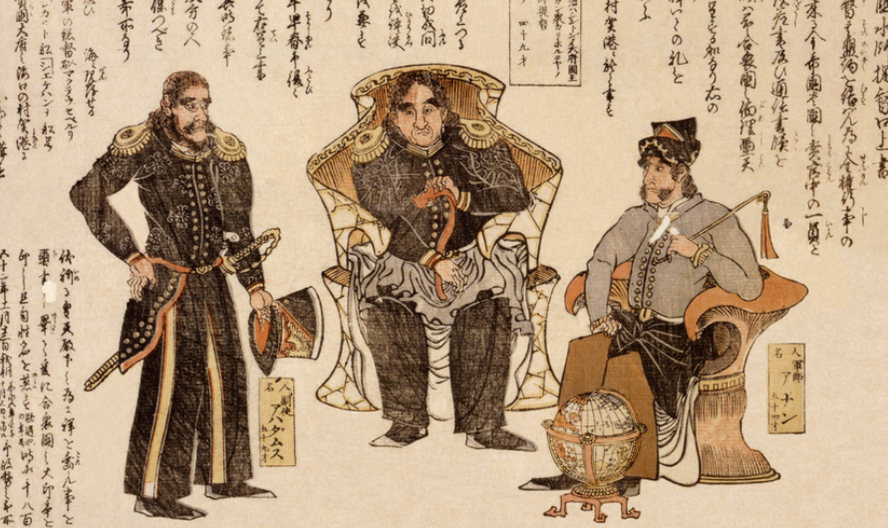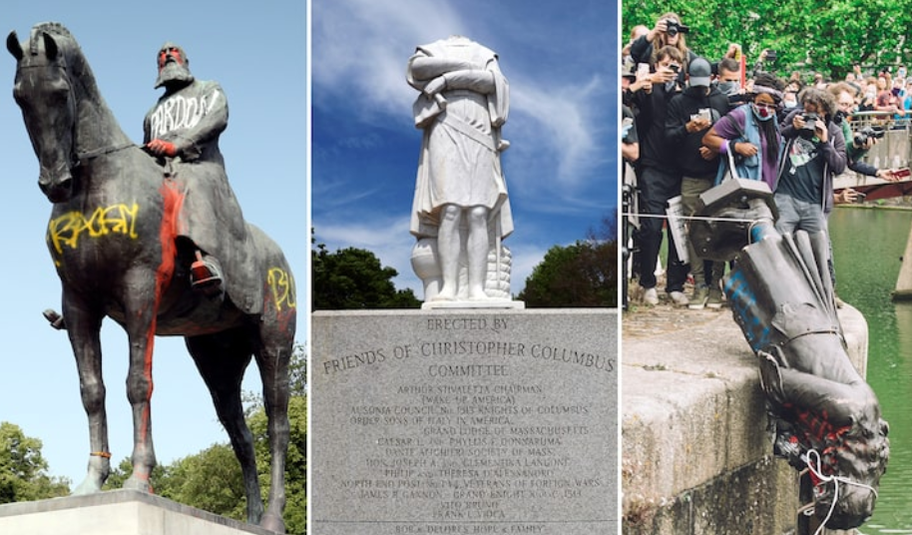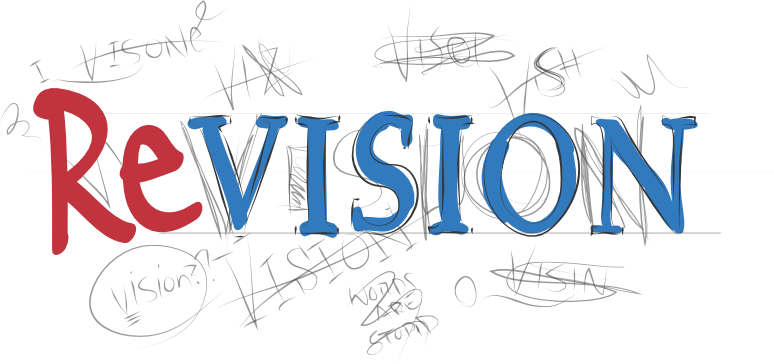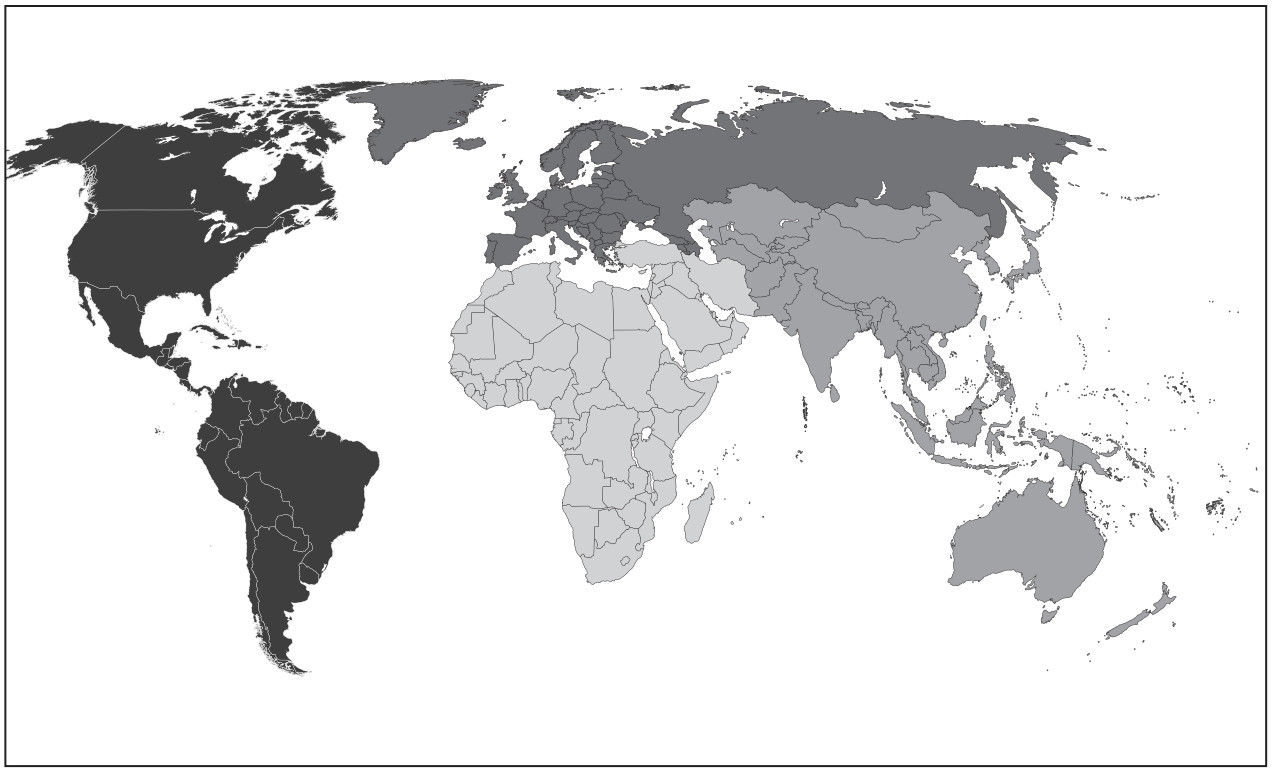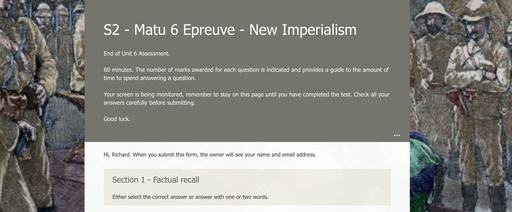* Designated a subject of particular importance in the Anglophone history oral exam.
Matu syllabus reference - L’impérialisme : présenter les moteurs et les buts de l’impérialisme et les principaux acteurs ; comparer les stratégies des puissances colonisatrices et leurs succès inégaux; observer la place des populations indigènes dans le processus de colonisation. Matu syllabus
Matu syllabus reference - L’impérialisme : présenter les moteurs et les buts de l’impérialisme et les principaux acteurs ; comparer les stratégies des puissances colonisatrices et leurs succès inégaux; observer la place des populations indigènes dans le processus de colonisation. Matu syllabus
|
This unit also features as an optional essay question in the IB DP syllabus as Paper 2 Topic 7: Origins, development and impact of industrialization (1750–2005) and, more importantly as important background for compulsory sourcework Paper 1 'Prescribed subject 3: The move to global war'. Case study 1: Japanese expansion in East Asia (1931–1941). Students who wish to be considered for the Moser Double Diploma will be encouraged to complete additional assignments in this unit.
|
Revision
|
A4 Revision essentials is a printable but not editable A4 sheet with the absolute essentials to hopefully help you pass the Matu.
'Six like Sydney' is from the notes of a very successful former student. These are often more detailed than the website and might be edited to create your own notes. |
End of Unit Test - Revision Guide Matu 6
Section A will require one word, factual answers that are included in the quiz
Section A will require one word, factual answers that are included in the quiz
Section B will require you to analyse a selection of historical sources in the style of questions 1, 2 and 3 on IBDP Paper 1.
Section C will require you to answer one evaluative essay question from the following list. You will be given a choice of two.
- The first question will test your comprehension and ability to infer meaning from or the 'message' of a source.
- The second question asks you how useful is a source in helping us to understand a historical problem. 'With reference to its origin, purpose and content, analyse the value and limitations of Source... for an historian studying the something about imperialism. Use the support given in Lesson 3 to help you prepare for this.
- The third question asks you to compare and contrast two sources, considering the extent to which they agree with each other.
Section C will require you to answer one evaluative essay question from the following list. You will be given a choice of two.
- Compare and contrast the experience of imperialism in two countries you have studied, each chosen from a different region*.
- To what extent were economic factors the main cause of the 'New Imperialism' in the late 19th century?
- ‘Yet not all was oppression, nor plunder.’ Examine this contention about the mixed legacy of imperialism.

